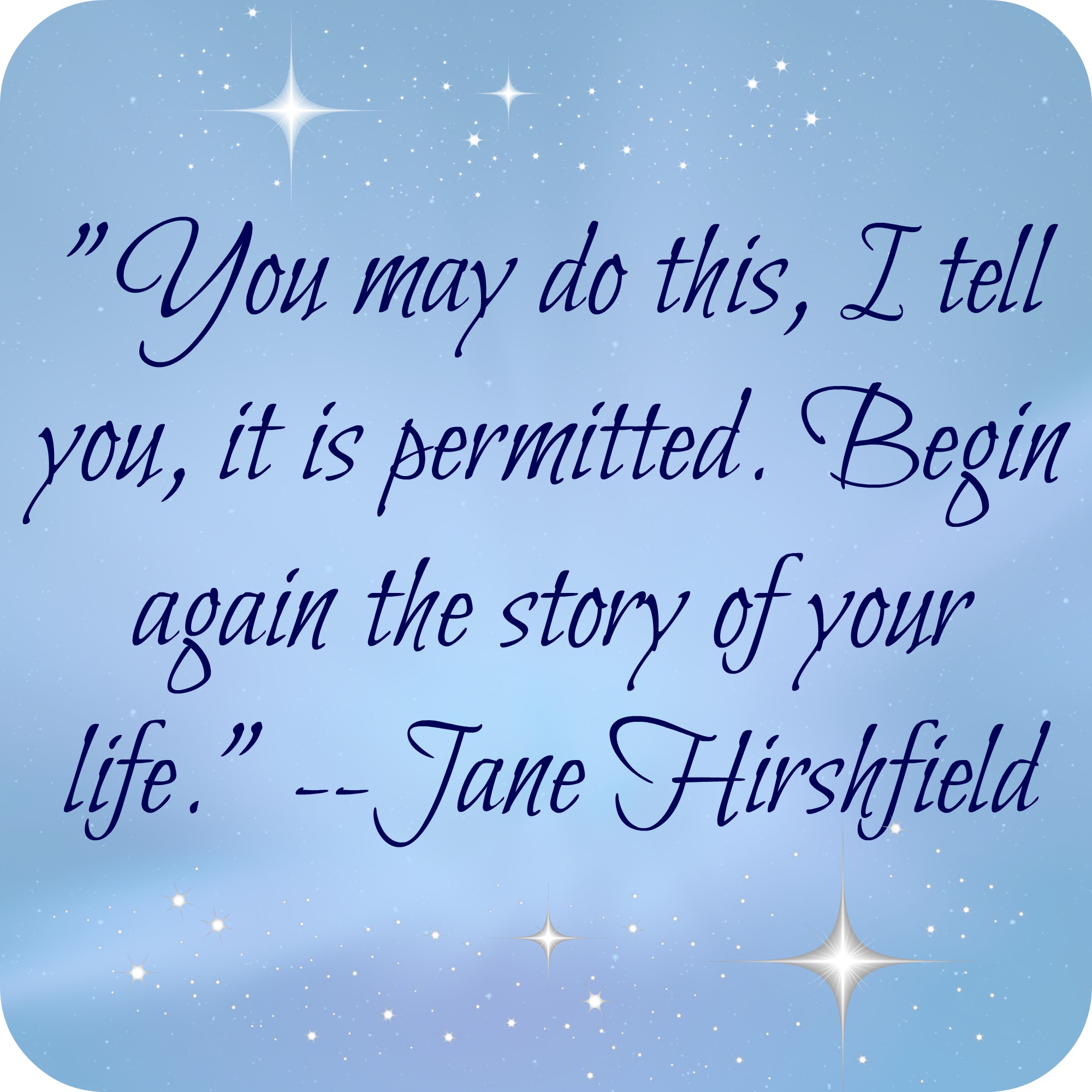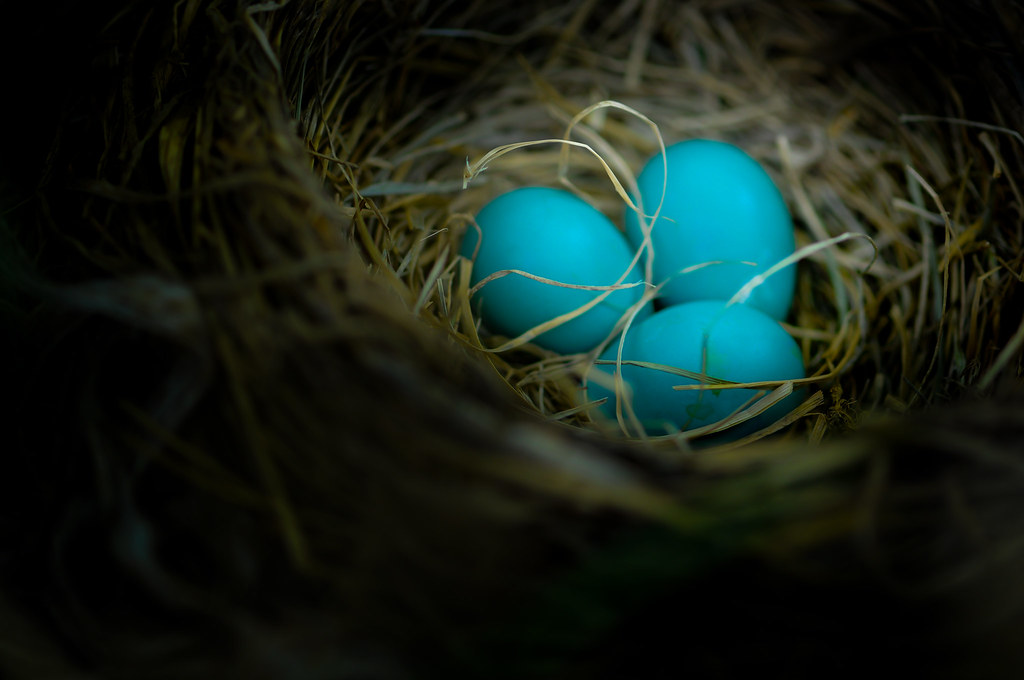I’ve been thinking. (Again? I really need to stop that.) This time it’s about an odd thing I’ve begun to notice, mostly in my own life, but perhaps also in others’.
In 2007 I was in my second and final year of college at the University of Texas at Austin, and I hit a brick wall of dilemma. I touched on this in my post about Creating the Life We Want, but I didn’t want to justify my choice so I didn’t go into detail. I still don’t, but you need the basics so this makes sense. I was in a long-distance relationship with the love of my life (and future husband). I wasn’t happy being four hours apart, so I was doing all of my coursework as fast as I could. I tested out of many credits, took summer classes, etc., and had it down so I could graduate in two years plus two summers.
The problem? I loved school. I always have, but UT was the absolute perfect fit for me. My professors were brilliant, my classes were interesting, my surroundings were gorgeous. I was in scholastic heaven, even if I was dissatisfied in my personal life. I had already made my decision to sacrifice the length of that experience for the sake of upholding my most important relationship, and I thought I had made peace with that. Then my absolute favorite professor – sort of a mentor, I suppose – asked me why the heck I wasn’t in the honors program.
Talk about a personal crisis. Someone I respected beyond words had questioned my decision – completely unwittingly, by the way; he had no way of knowing why I was in a hurry or even that I was graduating early at all – and all of my hidden doubts rushed to the surface and my fortitude crumbled. I felt that if I were to be fair to myself I would have to honestly consider this option I had brushed aside. I couldn’t do both. Did I want to stick with the plan and graduate early to move in with my boyfriend? Or did I want to embrace a full four years of college and get into the honors program?
I was so torn up about it that I actually went to see a school counselor. I told this counselor my dilemma, explaining my thoughts behind everything – including why I thought it was more important to graduate early and move. She listened very politely, asking occasional questions as I cried through my words, and when I finished, she said, “It sounds to me like you’ve already made your decision. Do you just need my permission?”
My breath gushed out of me as I thought. I really thought about it. She was right; I had already decided. So why was I so upset? Finally, I said, “Yeah. I guess I do.”
She smiled. “You’re an adult. You can do whatever you want. You don’t have to do the honors program.”
Guys? Freedom.
For the record, I did graduate early. (And ironically, with “highest university honors.”) My professorial mentor totally understood – didn’t even try to talk me out of it. I do miss the scholastic life, but I have never for a moment regretted that choice. If I had graduated even one year later, my dad never would have seen me cross the stage before he died. I might not be where I am today, living very happily married in a town I love with a network of friends and family supporting me, pursuing my dream career full-time. I knew what I wanted. I did. All I needed was someone to give me permission to do it.
I know this probably seems ridiculous to some people. Of course we don’t really need permission to choose the life we want. Of course. But at the same time, there are sometimes emotions that can’t be touched by logic. For me, one of those emotions is allowance. Sometimes when I’m up against a really difficult choice I don’t allow myself to choose the one I really want – at least not without plenty of self-torture first. Is it silly? Yes. Is it a waste of time? Maybe. Is it something I find myself doing anyway? You betcha.
That’s where permission comes in. That’s where love comes in. And respect, and trust, and patience. Many of us feel this way, and for me I’ve found the best thing to do is go to someone I love and talk it out. Whether spoken or implied, these people (trust, respect, patience) give me “permission.”
And I should note, here, that I’m using “permission” in a manner closer to “condone” or “support” than to what many people think of as “to permit.” I’m not implying that the people I go to have “the final say” or any sort of authority over my decisions. It’s more like getting someone’s blessing. They ease the burden of my allowance with their approval. (Almost like getting Kickstarter backers in real life. Everything goes to hell later? Well, at least I have these few folks who thought it was a good idea too. At least I didn’t go all-in completely alone.)
As I grow more aware of this tendency, I do hope I’ll become less dependent on bending my loved ones’ ears to ease my anxiety, but maybe I won’t. That’s what love is, after all, isn’t it? A sort of willful leaning? Accepting someone fully – giving them the space to weigh their own choices? Support and permission. Trust, respect, patience.
I know I’m not the only one who’s let an absence of self-allowance stop or at least delay me from choosing the life I want – no matter how large or small. I’m so grateful to have a handful of special people in my life who love me this way. I hope you all have someone you can go to who will give you permission, too — whether spoken or unspoken — but if you don’t, I hope you’ll allow me to give you mine. (I do care about you. Even if we’ve never met. I don’t care if you think it’s ridiculous; I do.)
You have permission. Choose the life you want, every day. It’s scary sometimes, I know. But here’s a little piece of wisdom my mom told me: not choosing is a choice as well. Everything we do is a choice; that is the nature of life. So you might as well choose what you actually want.
It holds the most beautiful freedom.











